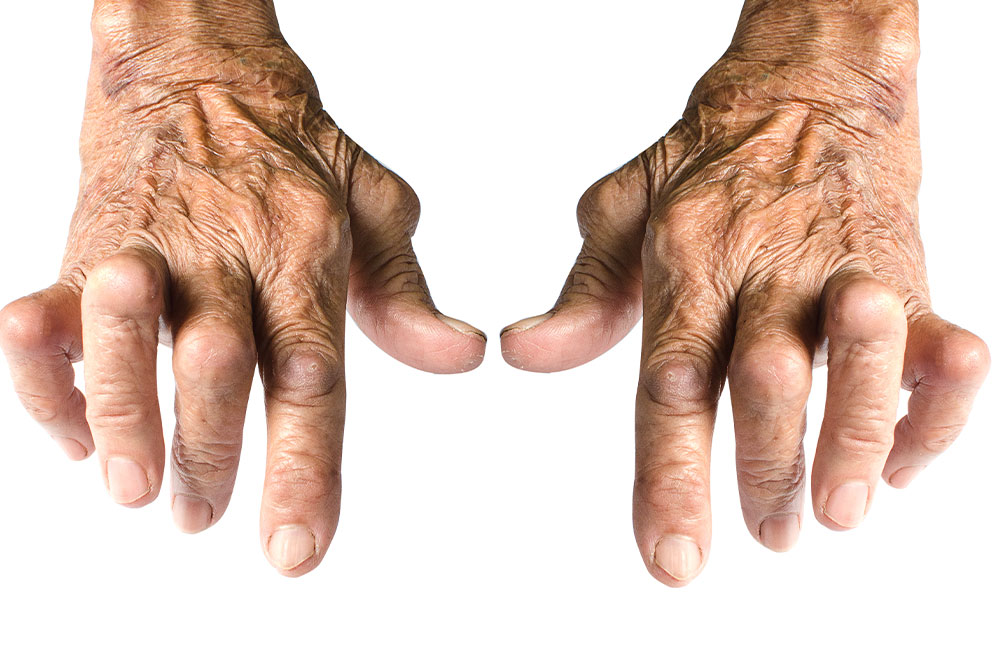5 alarming signs of headaches

Headaches are quite common, even among children. But the degree of headache may be different during different events. If you’re prone to getting headaches often, it is advised to note the frequency and the degree of pain and symptoms. We emphasize paying close attention to these details as some signs of headaches can indicate an underlying medical condition. This article highlights signs of headaches that could pose a serious problem.
Thunderclap
This type of headache is characterized by a sudden onset of pain that peaks within 60 seconds. This symptom can have serious underlying issues, such as internal bleeding in the brain. This could easily lead to brain hemorrhage, leading to a stroke or aneurysm. Painkillers and sleep are not the only solutions to this issue. One should call 911 or head straight to the hospital if one experiences this symptom.
High fever
High fever accompanied by headache is an alarming sign that one needs to watch out for. It usually indicates an infection, run-of-the-mill sinusitis, among other conditions. The doctor would look for more signs before concluding the problem. If one experiences a stiff neck with headache and fever, it is quite possible that it could be meningitis. This complication may also cause confusion and difficulty talking, which needs to be treated immediately.
Pain behind or around the eye
Headache with pain in or around the eye that compromises your vision may have an underlying medical condition. This symptom is a sign of acute glaucoma or a build-up of pressure in the eyes that cuts off its blood flow leading to blindness. Any signs related to these characteristics need to be shown to an eye specialist.
Temple tenderness
If people above 50 experience headaches that are concentrated around the temple area, they may be suffering from giant cell arteritis or temporal arteritis. In this condition, the blood vessels in the head are inflamed, which could also accompany symptoms like tenderness of the scalp or temples, compromised vision, jaw pain, fatigue, and flu-like symptoms. This type of headache can result in a sudden loss of vision, and it should be given due medical attention.
Tooth or face discomfort
Pain in the tooth or face may feel like an electric shock, and it could suddenly arise while chewing food, brushing teeth, or washing your face. These symptoms are a sign of a nerve problem called trigeminal neuralgia. It can be treated with medication, but the condition may take time to be diagnosed. The condition can be cured if the diagnosis is made at an early stage.




